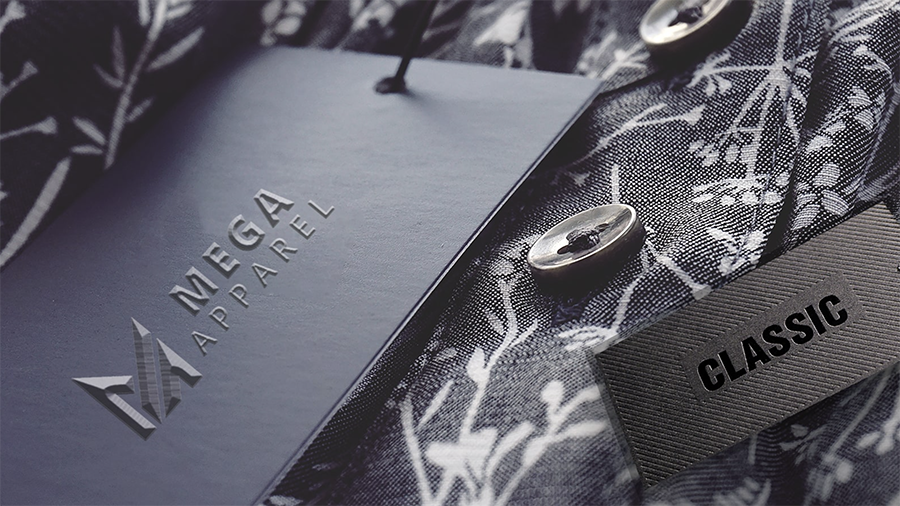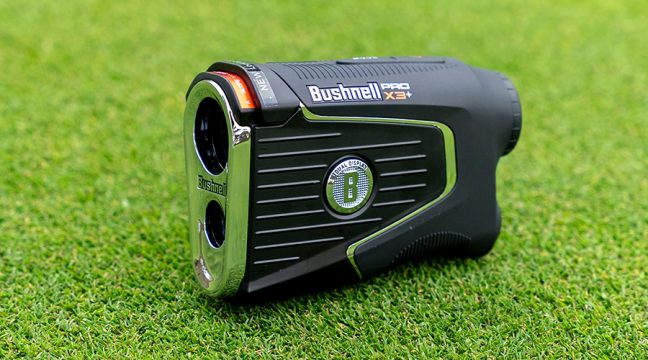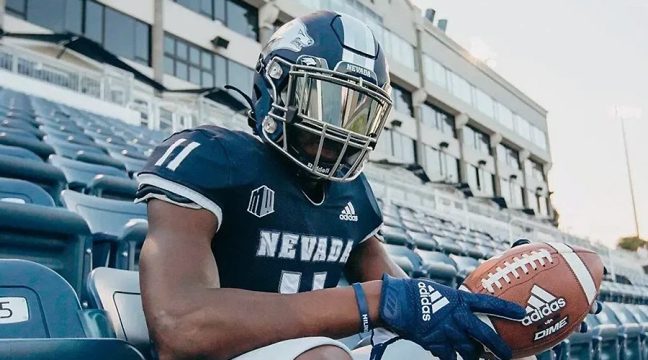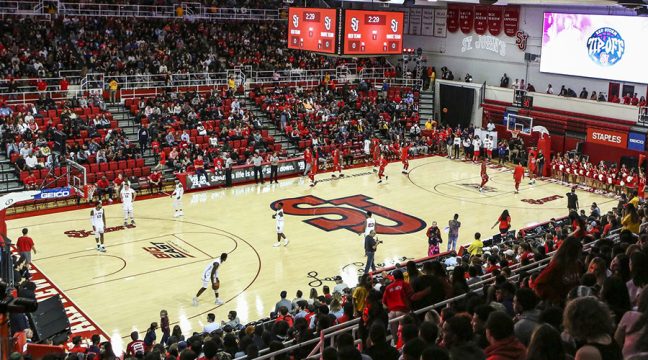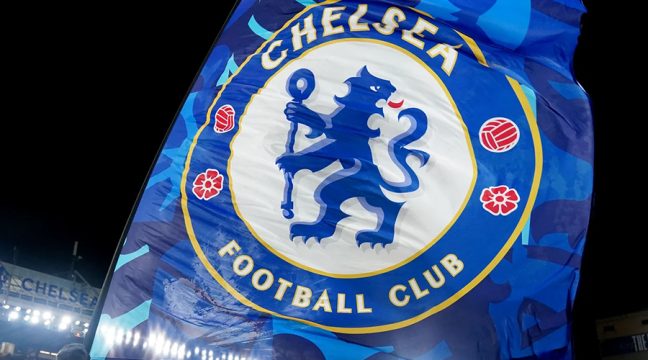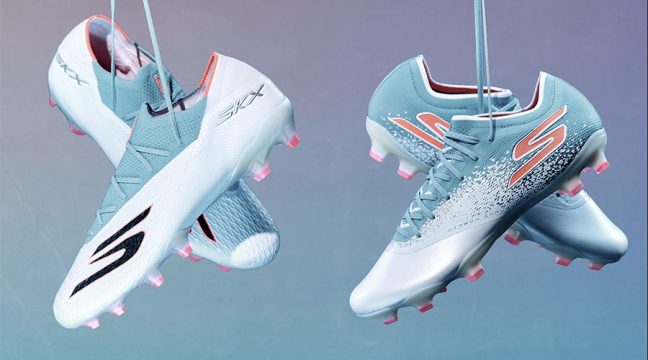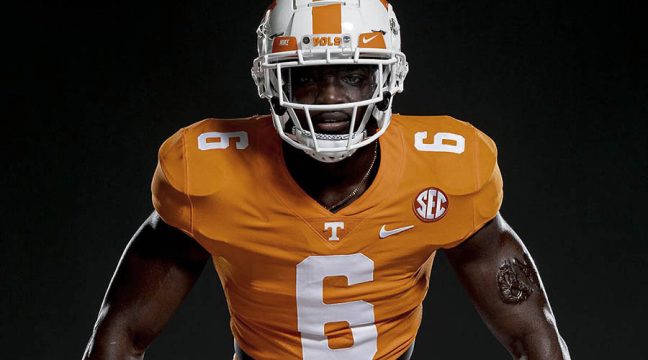Consumers are not just willing to buy private label today – they’re choosing it, trusting it, and recommending it.
That statement is one of the more provocative observations found in a new study from First Insigh*t that reveals the traditional distinctions between private label – or private-branded – product and product from national brands have become so subtle that most consumers can’t tell the difference between them anymore.
The company’s latest study, The Quiet Takeover of Private Label, suggests that 71 percent of consumers surveyed believed they could recognize a private label product when making a purchase, yet 72 percent were unable to do so when shown side-by-side images of store brand and national brand products.
“They are motivated by value, quality, and smart alternatives; not by brand names alone,” First Insight said in a media statment. “And critically, many don’t even realize, or care, whether the product is private label, as long as it delivers on expectations.”
The company, which reportedly leverages AI to transform consumer feedback into profitable retail strategies, said economic pressures, consumer behavior changes, and cultural trends like dupe (knock-off) culture have aligned to create fertile ground for private label growth across every category, not just essentials. But the company also stated that consumers are now moving in the private label or private brand direction on premium products as well.
“Private label is no longer a recession-era defense strategy. It’s a futureproof growth strategy that strengthens margins, builds customer loyalty, and gives retailers true brand ownership,” the company stated.
“Once seen as lower-tier alternatives to national brands, private labels are now becoming more competitive – and part of many retailers’ long-term growth strategies,” the report summary highlights.
First Insight said retailers are putting more effort into the quality, appearance and marketing of their private labels — and suggests that shoppers are responding.
The company noted that 84 percent of consumers now trust in the quality of store-brand products more or the same as national brands, while more than half (52 percent) say they’ve been influenced to try a store-brand product by in-store promotions, packaging, displays or marketing materials. And more concerning for national brands is the finding that once a consumer makes the switch and feels satisfied, they rarely go back, with nearly half (45 percent) saying they’ve permanently switched from a national brand to a private label when the product met or exceeded expectations.
It is not surprising to see the study’s finding that the perception of store brands varies by income level.
“While the stigma around private label is fading overall, more affluent shoppers still feel image-conscious,” the company noted in its study summary. “Nearly half (44 percent) of consumers making $150k+ per year say they’re concerned about how they’re perceived when buying private label products. This is a significant increase compared to 27 percent of those earning $51k–$149k and 17 percent of those earning $50k or less.”
The growth and expansion of the private label business at retail is also being driven by consumers as well.
“Private label is driving brand advocacy – and store traffic,” First Insight said. “Two-thirds (66 percent) of consumers say they recommend private label products to friends and family, and 34 percent say they’re more likely to shop at a retailer specifically because of its private label offerings.
Key Study Findings
- The stigma once associated with private label product has largely disappeared. Seventy-seven (77) percent of consumers aren’t concerned with how they’re perceived for purchasing private label products.
- Today’s shoppers love finding “the dupe.” Smart imitation has become a badge of savvy shopping, with nearly half (47 percent) of consumers saying they’ve tried a private label product specifically because it was a dupe of a name-brand item. Forty-four (44) percent of consumers — and 70 percent of those earning more than $150k per year — saying they’re more likely to try a private label product if it’s marketed as a dupe of a high-end product.
- Consumers are willing to break from their regular or normal brands to try new products. While 48 percent of consumers still identify as brand loyal, more than half say they’re either brand curious (32 percent) or motivated by price and savings (20 percent).
- Brand loyalty is no longer a guarantee. Consumers are chasing value, quality and availability. More than seven in 10 (71 percent) consumers say they would be willing to try a private label product if their preferred national brand was out of stock.
- Essentials are the entry points for private label trial. Grocery (56 percent), household cleaning supplies (38 percent), clothing and apparel (34 percent), and personal care and beauty (33 percent) are the most commonly purchased private label categories.
“Shoppers aren’t loyal to brand names the way they used to be. They’re loyal to price, quality and marketing,” said Greg Petro, CEO, First Insight. “This creates a highly competitive arena where the best – yet not necessarily the most well known – brands will win. When a national brand stumbles, it opens up an opportunity for private labels to grow their market share – but only for those with products that feel intentional, well-designed and trustworthy. Consumers will let you know exactly which ones those are. You just have to ask them.”
This latest First Insight study on private label trends offers a macro view of how shifting consumer perceptions and behaviors around private label products are influencing trial, loyalty and the decisions retailers must make in a changing economic and competitive landscape. The report is based on responses from 1,267 respondents ranging from 18 to 80+ years old.
To download the full report, The Quiet Takeover of Private Label, go here.
*First Insight helps retailers and brands eliminate risks associated with getting merchandising wrong, overestimating product demand, pricing poorly and otherwise incorrectly guessing what consumers will want and pay to get it. By integrating consumer feedback into every decision they make, First Insight replaces even the best retail guesswork with insight-driven decisions. As a result, brands and retailers across industries can move quickly and confidently to optimize product decisions that drive loyalty and margin.
Image courtesy Mega Apparel

